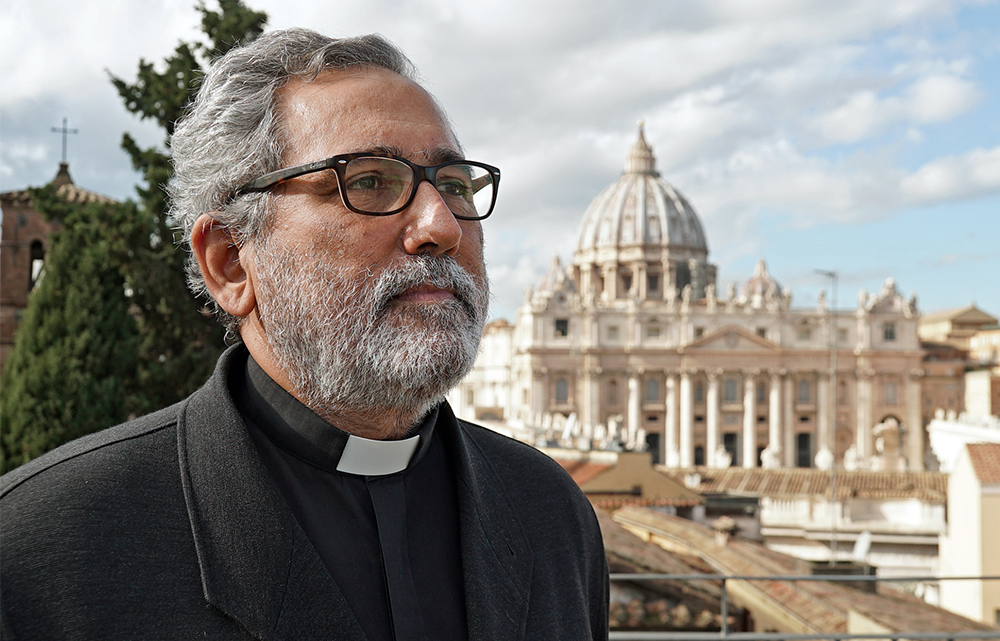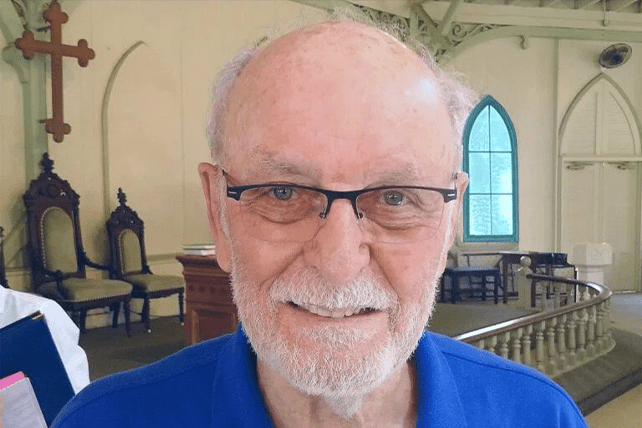![]()
In recent years, the mental health community has focused on understanding a phenomenon known as trauma bonds. The interest in these bonds is mostly due to our efforts to better understand and treat interpersonal violence victims, such as domestic violence and human trafficking. Although it was challenging to find sufficient information on trauma bonds until recently, the term was first used in the late 1980s by addiction therapy expert, Dr. Patrick Carnes, to describe how abuse, fear, and excitement (typically connected to sexual attraction) can lead to a destructive attachment.1
“He will not crush the weakest reed or put out a flickering candle. Finally, he will cause justice to be victorious.”
– Matthew 12:20 (NLT)
A trauma bond is a powerful emotional connection between an abuser and victim developed and strengthened by repeated traumatic events. These bonds are an adaptive response to extreme distress and tend to occur when all other coping attempts have been exhausted. Therefore, they are a type of defense mechanism with strong connections to attachment theory and learned helplessness. A trauma bond can be understood as an exploitive attachment wrapped with confusion and topped off with trauma and despair.
Trauma bonds develop when cycles of intense love are followed by abuse that produces an almost unbreakable attachment.2 Bonding begins when an abuser identifies and meets a victim’s needs while professing love for that person. Those recognized needs are exploited in order to gain control of the targeted victim. Common vulnerabilities include security, family, being desirable, and belonging. This process is sometimes referred to as “love-bombing” due to the intense and continuous pursuit of the victim.
The next stage begins with the abuser—confident of the attachment—finding fault with the victim and then threatening to withdraw affection. The victim is repeatedly devalued, and gaslighting (psychological manipulation) is introduced that causes the target to doubt his or her judgment, perception, and even memory. Then, the victim works to please the abuser to restore the relationship. Abusers will alternate their responses with either cruelty or affection. The randomness of these extremes creates a powerful dynamic for bonding to develop. The abuser’s cycle includes a combination of reward and punishment and appreciation and degradation, all of which promotes the development of trauma bonds. Thus, the stronger the attachment to the abuser, the more control rendered over the victim, creating an obsession with pleasing the abuser. Paradoxically, victims often experience a deeper bond with their abusers than with those who treat them well.
“He will cover you with his pinions, and under his wings you will find refuge; his faithfulness is a shield and buckler. You will not fear the terror of the night, nor the arrow that flies by day, nor the pestilence that stalks in darkness, nor the destruction that wastes at noonday.”
– Psalm 91:4-6, ESV
Abusers create a never-ending series of exploitive hoops for victims to jump through to earn their affection.3 These hoops escalate the victim’s need for security in the relationship, and once the emotional pain becomes intolerable, the abuser offers affection, thereby becoming the savior. The greater the pain, cruelty, or trauma, the deeper the bond. The abuser is the source of the victim’s pain and yet the only one who can relieve that pain.4
































